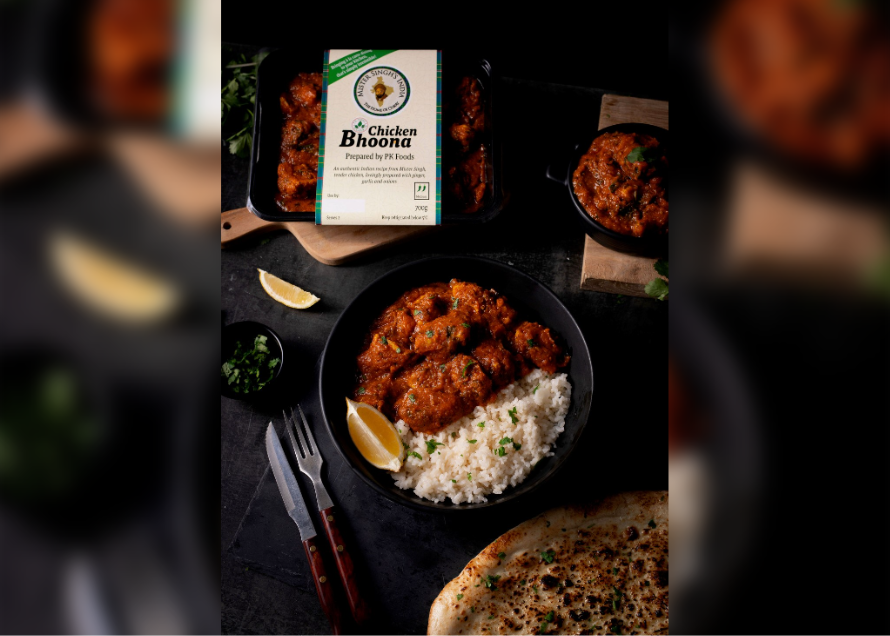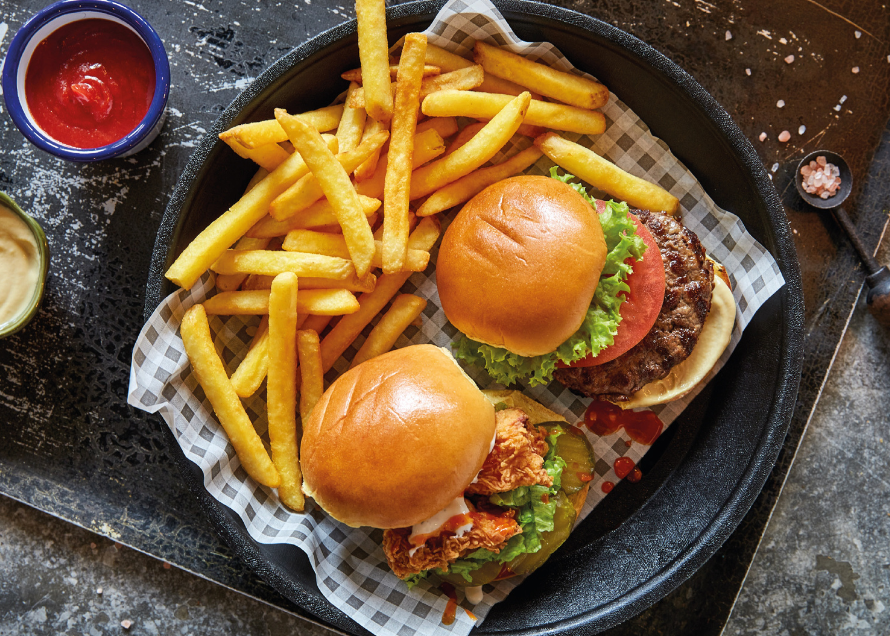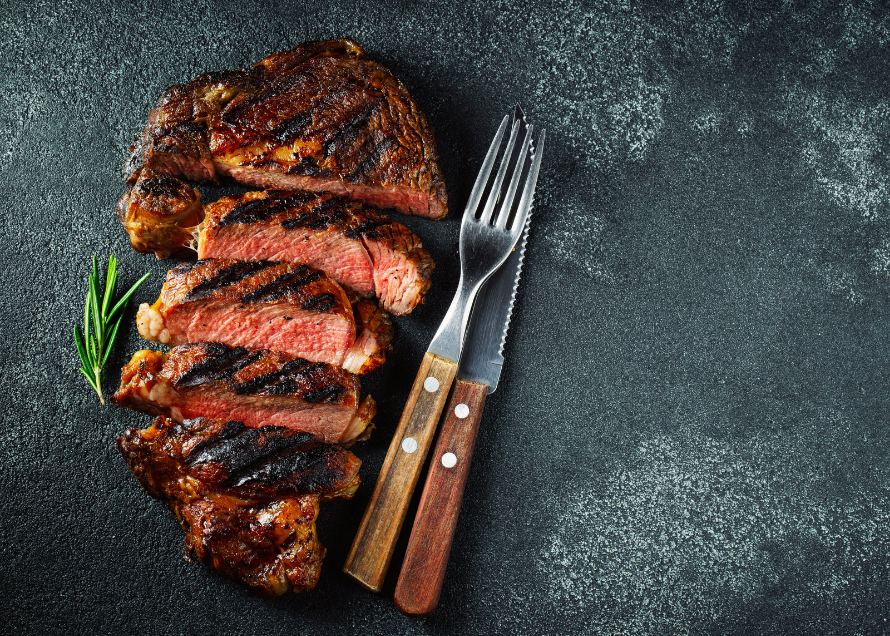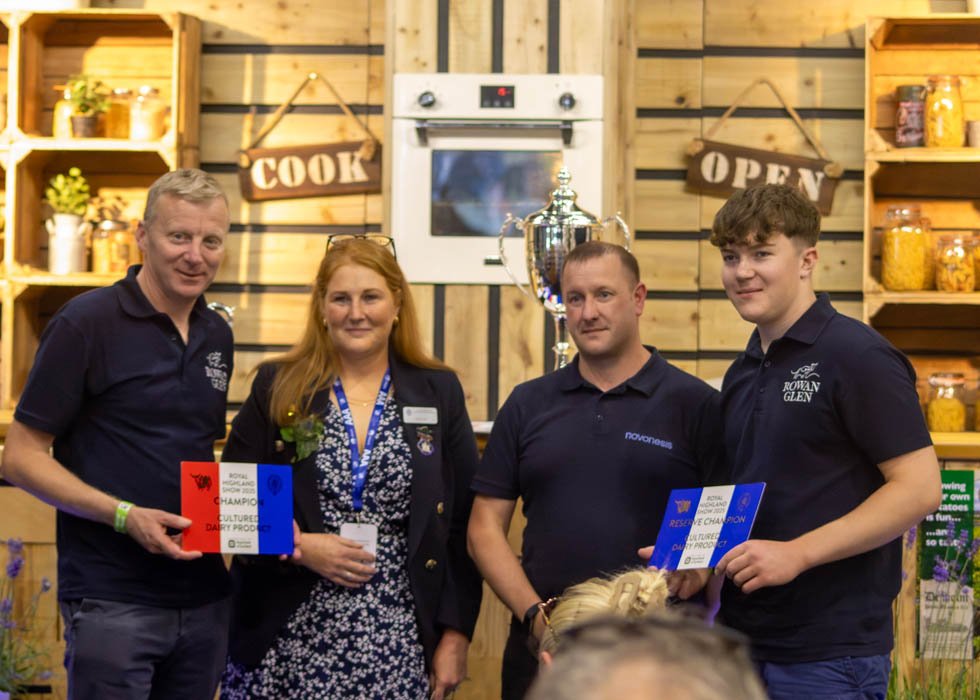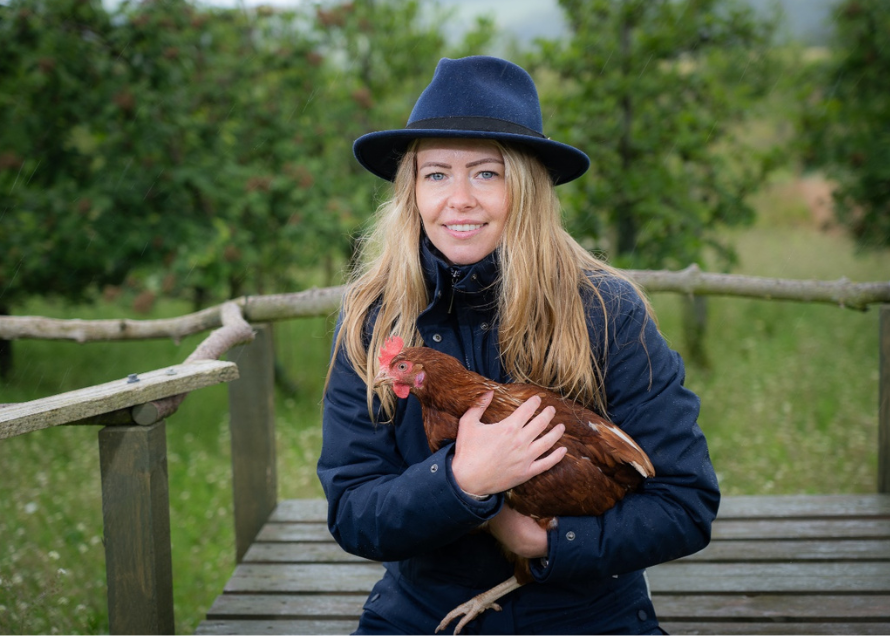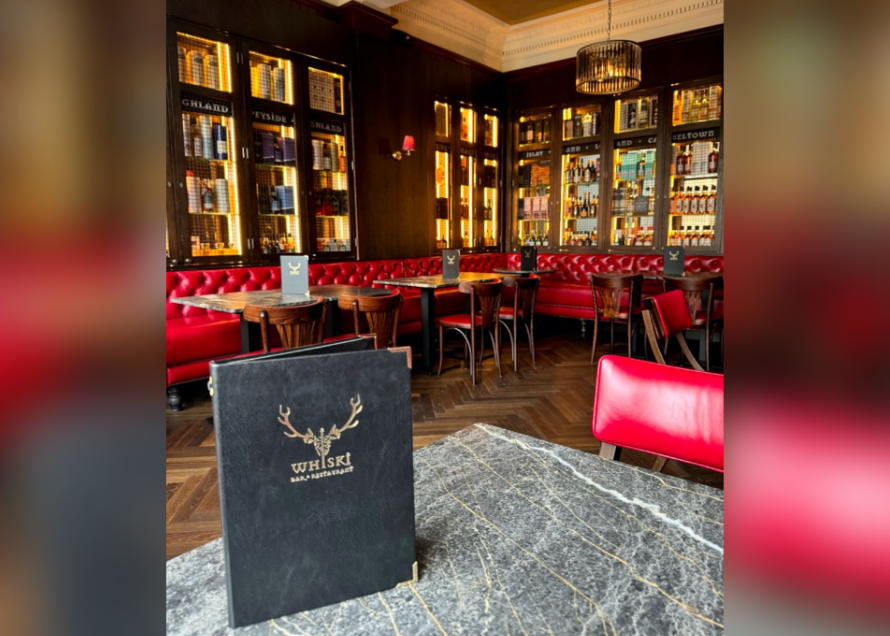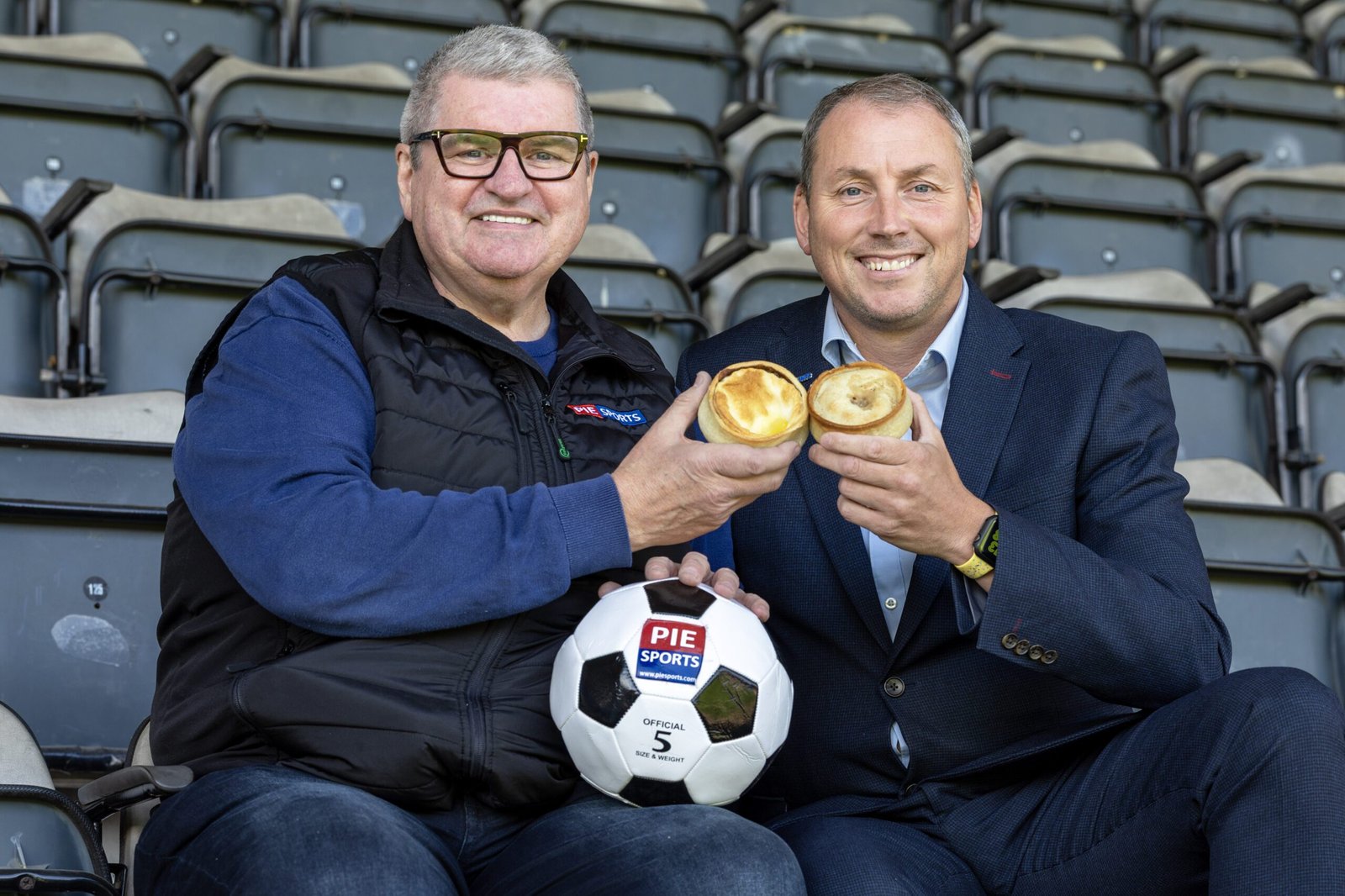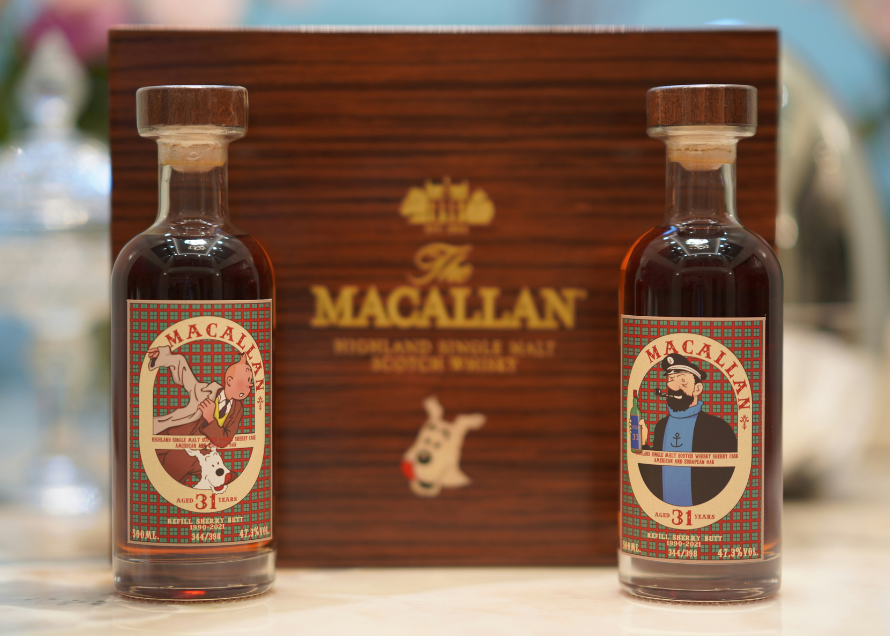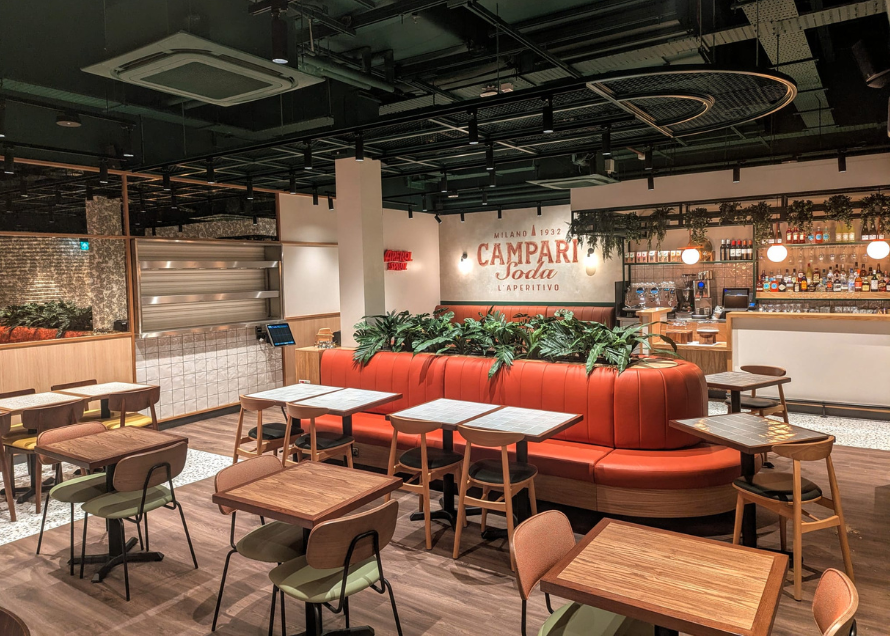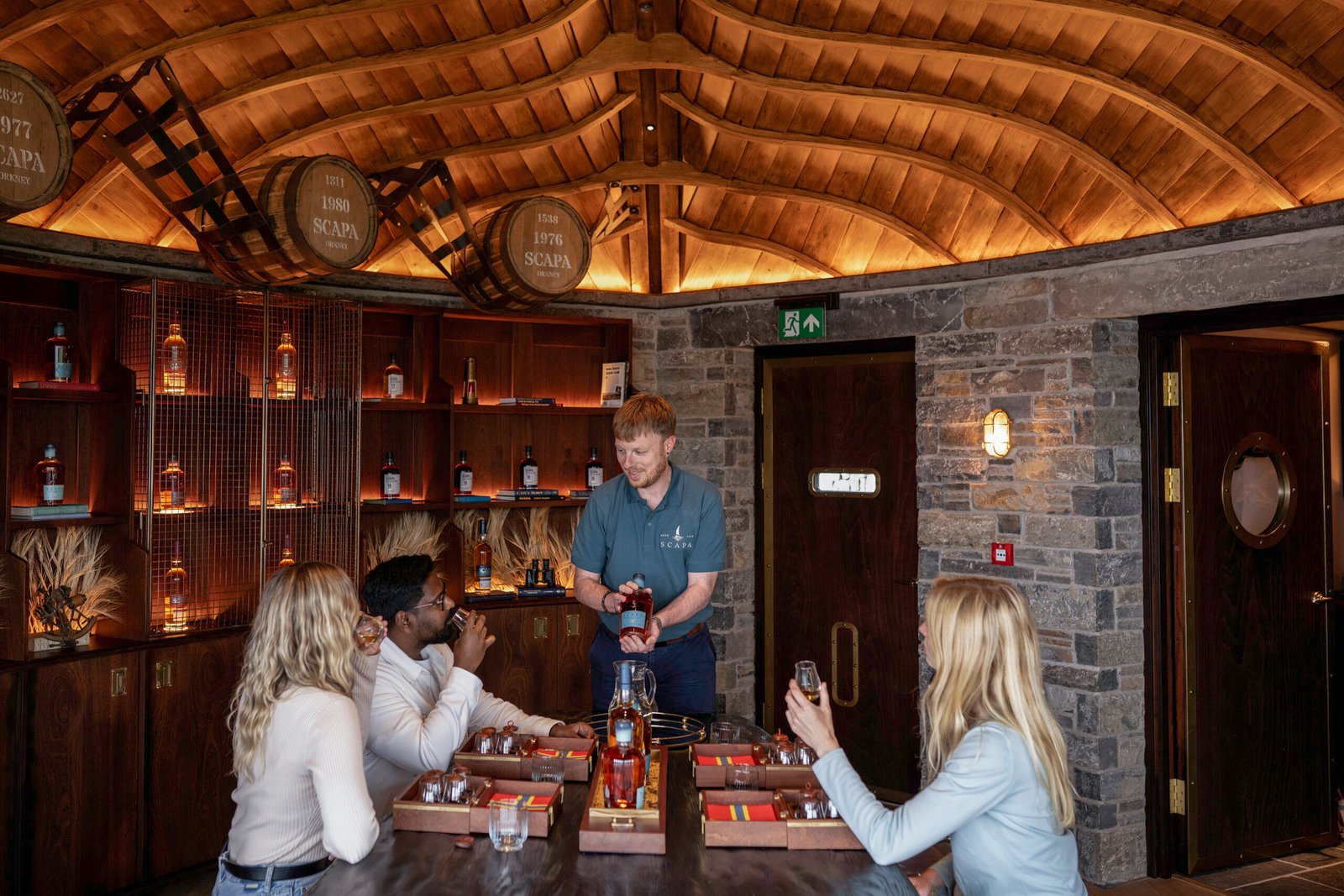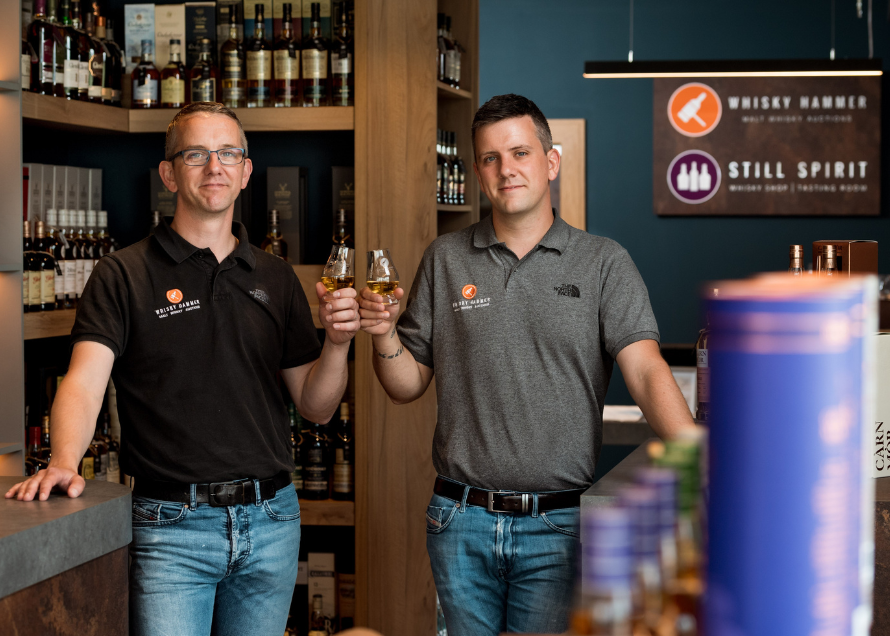ON International Day of Awareness of Food Loss and Waste 2023, climate action NGO, WRAP, announces its annual UK Surplus Food Redistribution data. 2022 showed solid progress with approximately 170,000 tonnes of surplus food being received by redistribution organisations equating to just over 400 million meals with a value of more than £590 million.
WRAP is working on projects with several redistribution organisations. One example is a refrigeration project at The Felix Project’s Poplar site in London (funded by Defra, under the Resource Action Fund) which aims to support increases in the infrastructure and capacity needed to redistribute frozen and chilled food, plus extend the shelf life of surplus food. The investment has made a difference in helping redirect quality surplus food to help people during the cost-of-living crisis.
The project will optimise the capacity of The Felix Project’s Park Royal depot and help support additional staff and volunteers, as well as new equipment, software and a freezer van.
Catherine David, Director of Behaviour Change and Business Programmes, said: “Surplus food redistribution is a continued success story, with increased items being directed to those who need them. Optimising refrigeration and freezing facilities means that a wider range of food can reach people. While great strides have been made, WRAP urges the food sector to do more. Businesses working in collaboration with the redistribution industry now need to find solutions to other issues which prevent access to harder to reach surplus.”
Richard Smith, Head of Food Supply at The Felix Project, said: “We are delighted to be working with WRAP on the refrigeration project. Having more freezer capacity plays a huge role in enabling us to extend the life of more surplus food and ensures we have more produce to get to the charities we supply. We know the need for support is so huge, so many people are struggling to afford to feed themselves and their families. It is vital as much food as possible is redirected to those that need it and can be used to create a nutritious meal, rather than ending up in landfill.”
Environment Minister Rebecca Pow said: “Nobody wants to see good food go to waste. The environmental impacts are huge – if food waste were a country, it would have the third biggest carbon footprint after the USA and China. I’m proud of the work Defra has done to support redistribution and cut food waste. We continue to support WRAP in its delivery of initiatives to drive down the volume of food going unnecessarily to waste, with funding of more than £2 million this year for food waste prevention.”
The latest official redistribution figures highlight that the tonnes of surplus food redistributed by charitable and commercial channels have both continued to rise. Charitable channels exceed commercial channels at 70% to 30%.
For data submitted in 2022 to WRAP, the retail sector remained the largest source of redistributed surplus food (41%), followed closely by manufacture (32%). The Hospitality and Food Service sectors saw the highest relative growth over the past four years (10%), and the farming sector provided 5% of surplus food. The remaining 12% is from mixed/other sources.
WRAP’s allocation of government grants for items such as fridges and freezer vans enable redistribution organisations to do their job more effectively. 27% of respondents who stated that the amount of food their organisation redistributed in 2022 was greater than in 2021, recognised an increase in capacity to store and handle more chilled and frozen food as a key factor for the increase.
Surplus food redistribution is a brilliant example of how food organisations are working together to ensure edible food is not being thrown away. WRAP’s Courtauld 2030 Redistribution Working Group will continue to seek out where good food is going to waste so that food feeds people, not bins.












